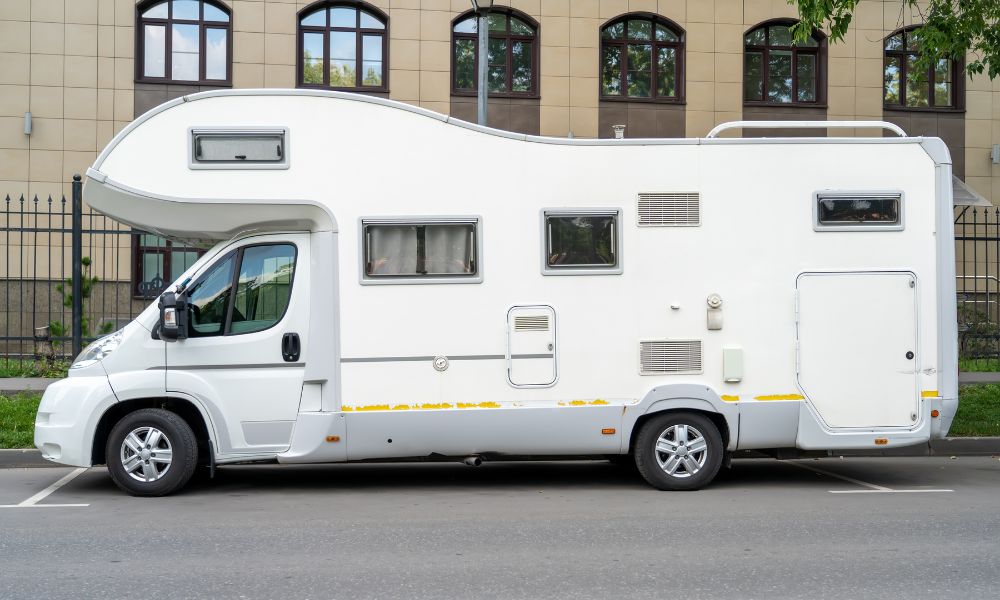Many RV owners like to put their vehicles away during the colder season. Grand outdoor adventures may not seem as exciting when the weather outside is freezing. But how soon should you get your recreational vehicle ready for storage? When is the best month to shut down an RV and make your storage plans? Explore the ideal time to winterize and store your RV for the season. We will also discuss some steps you can take to ensure your home on wheels remains in tip-top shape during the off-season.
Assessing Your Local Climate
Before determining the best month to shut down your RV, it’s essential to understand your region’s climate. Check the average temperature and snowfall in your area during the fall and winter months. Keep an eye on the forecast and watch for sudden changes in temperature. Generally, when temperatures start to consistently dip below freezing (32°F/0°C), water lines and tanks in your RV can start to freeze, leading to expensive damage. Therefore, it is essential to shut down and winterize your RV before your region’s average freeze date.
Steps to Winterize Your RV
Once you’ve determined the best month to shut down your RV, it’s time to winterize. This process includes:
- Draining the water system: Drain your freshwater tank, gray water tank, and black water tank to prevent freezing and potential damage. Follow the RV manufacturer’s guidelines on how to properly drain and bypass your water system. Some RVs come equipped with a winterizing kit for easy bypassing.
- Adding RV antifreeze: Run RV-approved antifreeze through the vehicle’s plumbing system to protect lines and faucets. Be sure to use non-toxic and propylene glycol-based antifreeze to prevent damage to your plumbing system.
- Inspecting for leaks and exposure: Closely inspect your RV for any gaps or leaks that could allow cold air, moisture, or rodents to enter the vehicle during storage. Seal up holes and gaps with silicone or caulking as needed. Check all doors, windows, and vents for proper sealing.
- Preparing appliances and electronics for storage: Disconnect your RV’s battery, and store it in a dry, cool area to extend its life. Empty and clean the refrigerator, then prop the door open to prevent mold and mildew growth. Unplug all appliances and take measures to protect them from potential moisture or rodents.
Secure Storage Options
Now that you’ve winterized your RV, finding secure storage is crucial to keeping it safe during the off-season. Depending on your location and storage availability, you can choose between outdoor and indoor storage facilities specifically designed for RVs. Indoor storage provides better protection against the elements, but outdoor storage options can also work well if you invest in a high-quality, waterproof RV cover.
Ready for a New Adventure: Prepping for Spring
As the winter months come to an end, it’s time to start preparing your RV for the next season of adventure. Plan to de-winterize and inspect your RV at least a few weeks before your first trip of the year; this will give you ample time to address any issues or perform necessary maintenance.
Looking to relocate your RV without the hassle? Star Fleet Trucking’s RV transport services are your answer. We specialize in moving your RV from point A to point B with the utmost care and precision. Our team of experts ensures a safe and secure transport of your treasured vehicle. Don’t shoulder the stress of moving your RV—rely on our professional RV transport services. Contact Star Fleet Trucking today and let us handle the heavy lifting so that you can focus on planning your next adventure.

